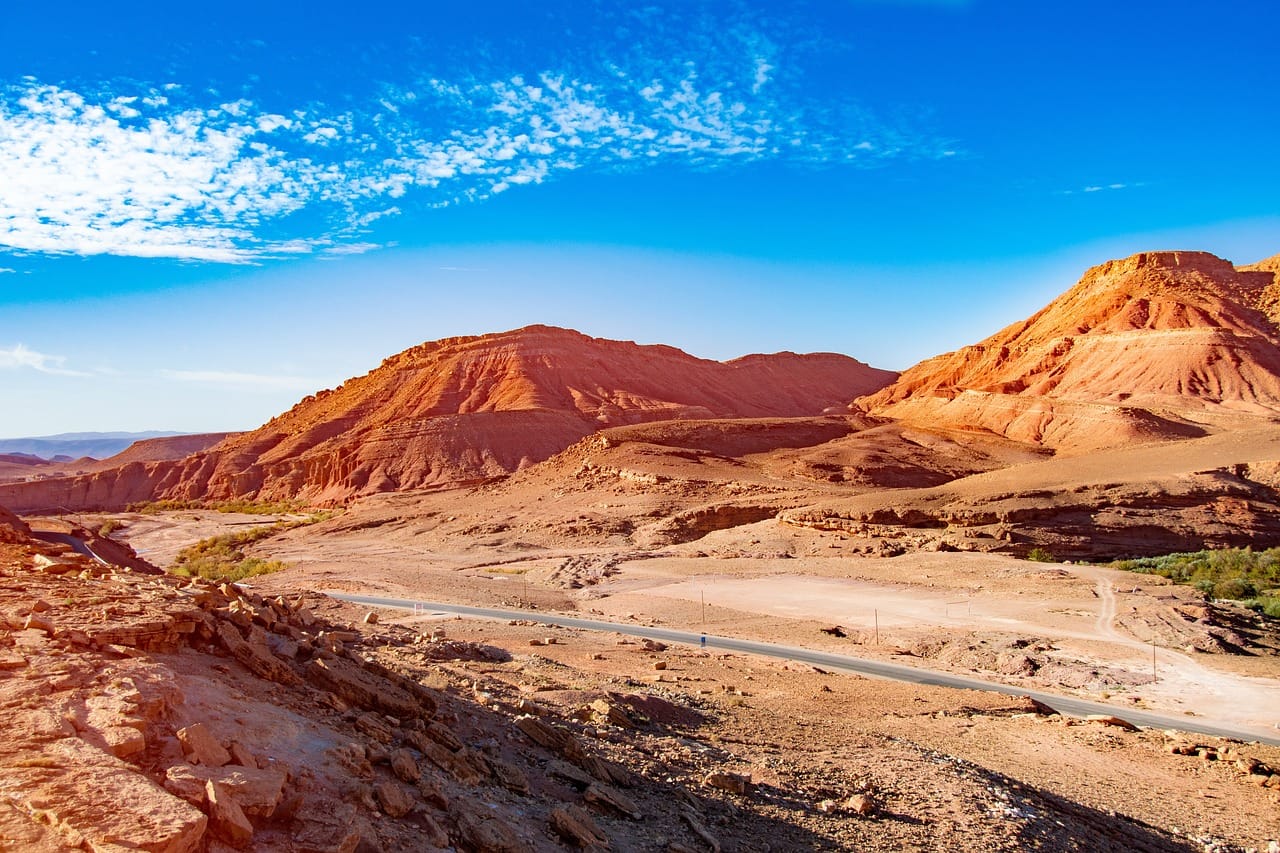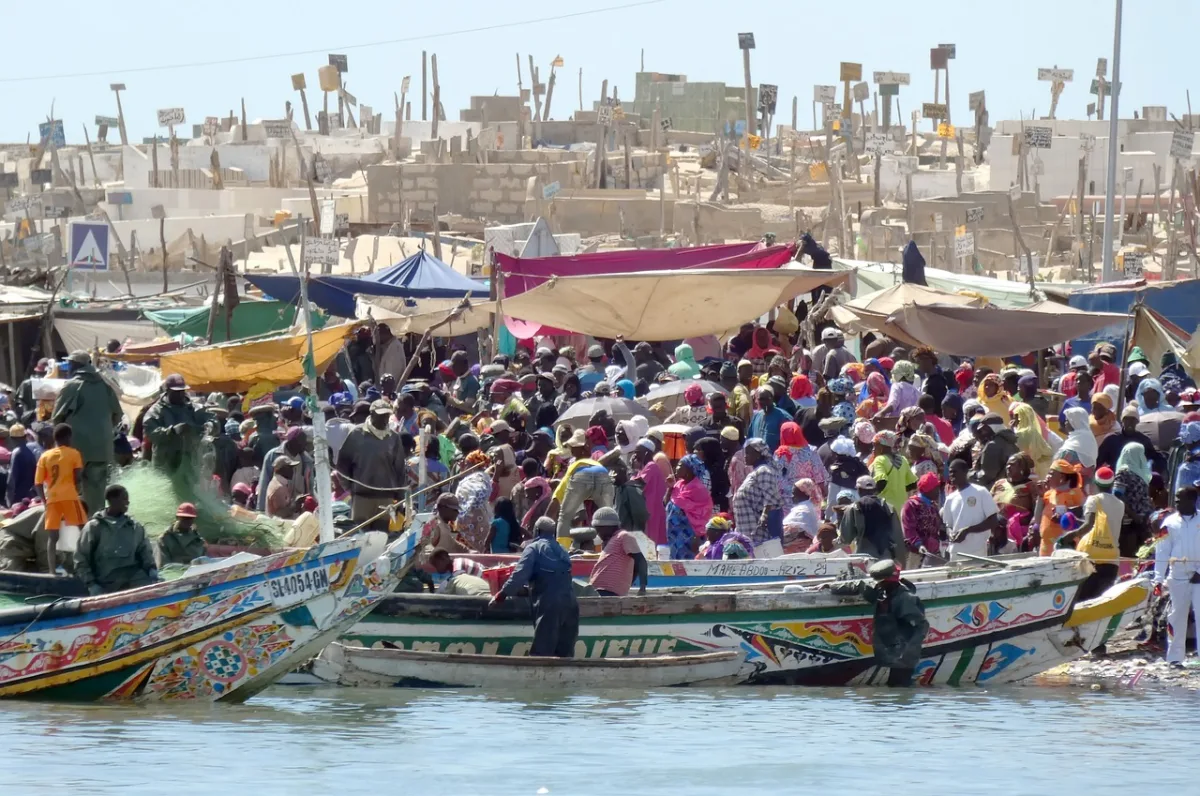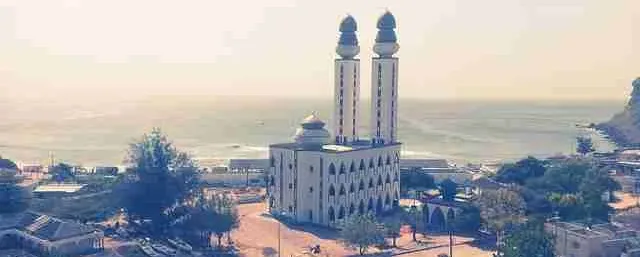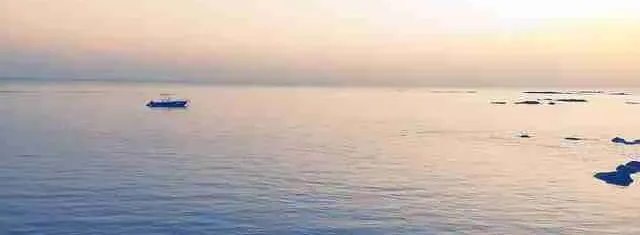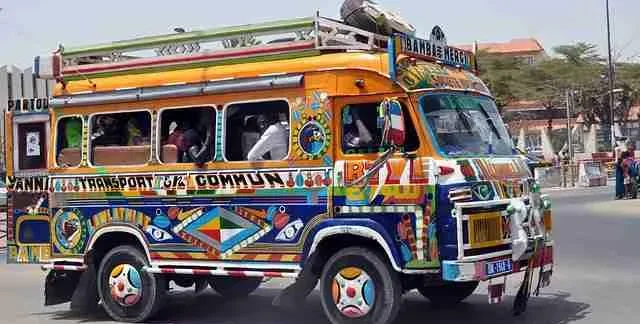Discover Senegal
Nestled on the western edge of Africa, Senegal is a country full of colour, history, and warmth. From the lively streets of Dakar to its breathtaking natural landscapes, a tour of Senegal offers something for every traveller. Known for its welcoming spirit, Senegal greets visitors with genuine hospitality. People often treat strangers as friends, making every encounter memorable.
A Rich Cultural Heritage
First-time visitors will quickly notice Senegal’s fascinating history. It blends deep-rooted traditions with colonial influences and a proud legacy of resilience. Dakar, the vibrant capital, reflects this mix perfectly. Modern skyscrapers rise alongside bustling markets filled with local crafts and flavours. The city’s energy is infectious, and its cultural heartbeat is impossible to ignore.
Senegal’s artistic scene is another highlight. Music plays a central role in daily life, from the rhythmic beats of sabar drums to the soulful melodies of griots. These sounds tell stories of identity and celebration. Visual arts thrive too, with talented painters, sculptors, and textile artists showcasing creativity at every turn. During your tour of Senegal, you’ll have countless opportunities to experience this artistic richness.
Nature’s Beauty Awaits
Senegal’s landscapes are as diverse as its culture. The serene beaches of Saly provide the perfect setting for relaxation, while Lake Retba, famous for its pink waters, invites curious travellers to marvel at its beauty. For those seeking adventure, the Lompoul Desert offers golden dunes that stretch endlessly under the sun. Exploring these natural wonders adds an unforgettable dimension to your journey.
Wildlife enthusiasts will also find plenty to enjoy. Senegal is home to unique ecosystems that support a variety of species. Birdwatching in the Djoudj National Bird Sanctuary is a must for nature lovers, offering a chance to see migratory birds in their natural habitat.
Why Choose a Tour of Senegal?
A tour of Senegal is more than a holiday; it’s an opportunity to connect with a country that values community and tradition. Travellers can immerse themselves in local life, taste authentic cuisine, and learn about customs that have shaped Senegal’s identity. From lively urban centres to peaceful rural landscapes, every stop reveals something new and inspiring.
This flexibility makes it easy to tailor your experience. Whether you prefer cultural exploration, outdoor adventure, or simply relaxing by the sea, Senegal delivers. With expert guidance and thoughtful planning, your tour can include both iconic landmarks and hidden gems.
Plan Your Journey Today
Senegal invites you to discover its beauty, history, and warmth. From the vibrant streets of Dakar to the tranquil shores of Saly, every moment promises something special. Take time to explore, learn, and enjoy the rhythm of life in West Africa. A tour of Senegal is your chance to experience a destination that feels both welcoming and unforgettable.
A Brief History of Senegal
Senegal: A Story of Resilience and Transformation
Senegal, located in West Africa, lies between Mauritania, Mali, Guinea, and the Atlantic Ocean. Its history reflects centuries of cultural exchange, trade, and colonial influence. Archaeological discoveries reveal that humans inhabited this region thousands of years ago. Tools, pottery, and burial sites found across the country confirm its ancient roots. Early communities thrived on fertile land, practising agriculture, fishing, and trade. Over time, the blending of ethnic groups shaped diverse cultures and languages that remain vibrant today.
Early Encounters and Colonial Ambitions
The late 15th century marked a turning point when European explorers first reached Senegal’s coastline. Portuguese navigators led the way, followed by Dutch, French, and British traders. This era introduced the transatlantic slave trade, a devastating chapter in global history. Gorée Island, situated just off the coast, became a haunting symbol of this period. It served as a departure point for countless enslaved individuals sent to the Americas.
By the 19th century, European powers intensified their imperial ambitions. France gradually expanded its control through treaties and military campaigns, eventually establishing Senegal as a colony. The region became part of French West Africa, and its economy centred on exploiting natural resources, particularly peanuts and groundnuts. These crops formed the backbone of colonial trade and shaped Senegal’s agricultural identity.
Independence and Nation-Building
The 20th century brought sweeping changes. Nationalist movements gained momentum, inspired by global shifts during World War II and the wave of decolonisation. Intellectual leaders such as Léopold Sédar Senghor championed cultural pride and political autonomy. In 1960, Senegal achieved independence, marking a defining moment in its history. Senghor became the nation’s first president, guiding Senegal toward a unique blend of socialism and democracy.
Post-independence, Senegal navigated complex global dynamics while addressing economic challenges. Diplomatic engagement with diverse nations helped maintain stability. Investments in education and social welfare supported progress, laying the foundation for long-term development.
Modern Senegal: Growth and Cultural Preservation
As the 21st century unfolded, Senegal embraced economic diversification and technological advancement. Infrastructure projects transformed urban landscapes, while Dakar emerged as a hub for trade, culture, and diplomacy. Tourism gained prominence, with efforts to preserve heritage sites and promote cultural experiences. Visitors today encounter a nation that honours its traditions while embracing innovation.
Senegal’s story is one of resilience and renewal. From prehistoric settlements to modern achievements, its journey reflects determination and adaptability. Despite historical hardships, the Senegalese people have pursued progress with unwavering resolve. A tour of Senegal offers a chance to witness this remarkable narrative firsthand, connecting past and present in a country that continues to inspire.

